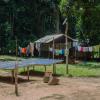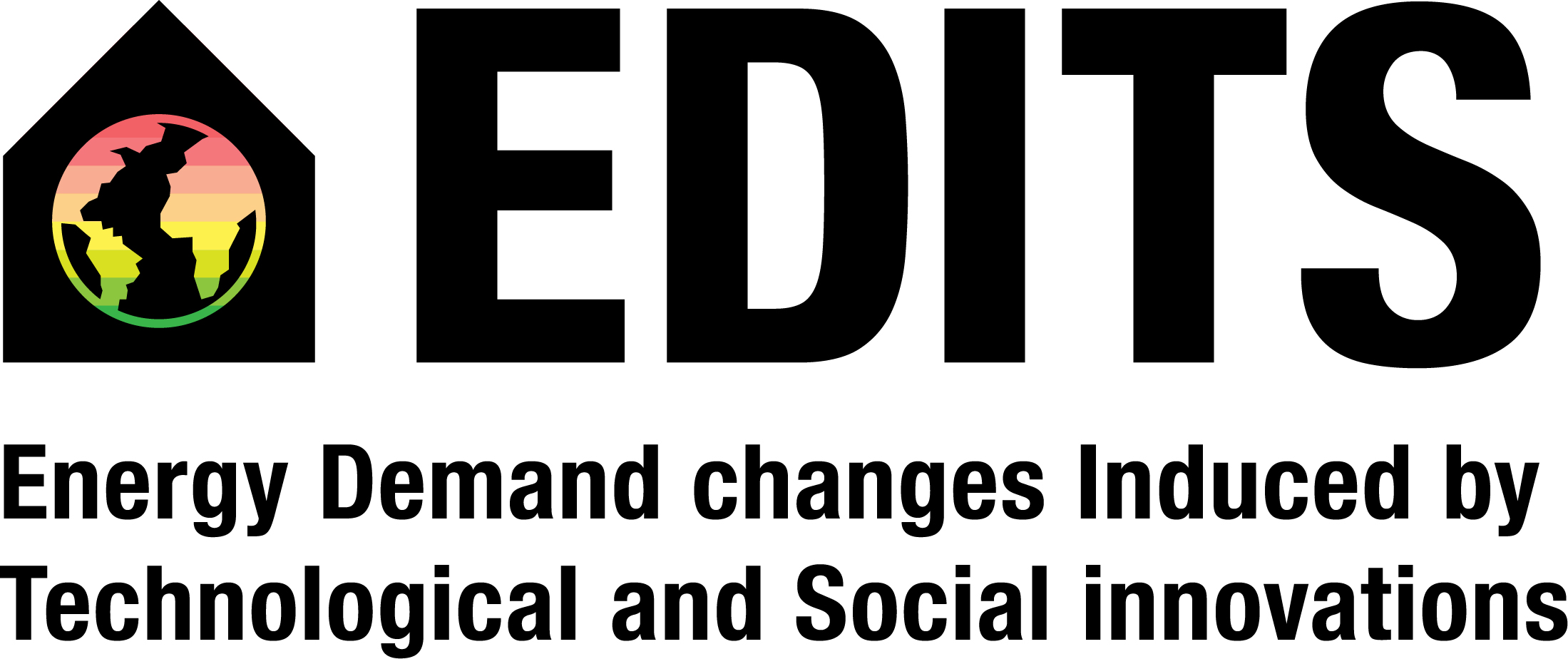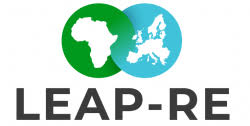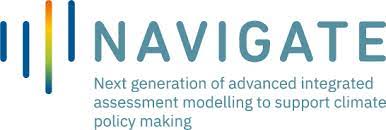
The research theme Access to Energy Services explores ways to define, measure and improve access to modern energy services necessary for human well-being. Under this theme, researchers explore approaches that integrate social, institutional, and governance drivers with technological and economic considerations in the definition and fulfillment of energy needs.
Measuring energy access
How much energy do people need for a decent quality of life? How should access be measured to guide equitable policy design and implementation? Answering these questions is essential for understanding the role of energy in development, and in building effective energy policies that will provide fair access to energy services around the world.
Researchers at IIASA develop and apply innovative approaches to this challenge, such as the Decent Living Standards (DLS) – defining and measuring material and energy requirements for access to decent shelter, mobility, food, hygiene, healthcare, education, and information technology. This work enables the calculation of heterogeneous energy and material resources needed across climates, regions, and other definitions of groups within society.
Another example is the development and application of multi-dimensional energy poverty measurement frameworks. Energy poverty measurement is a crucial foundation of energy policy design and implementation. Researchers at IIASA extend and critically examine existing approaches, using both survey data and remotely sensed datasets to accurately describe and map multi-dimensional energy poverty across and within countries and how this evolves over time.
Energy demand scenarios
Low energy and material demand scenarios explore and model possible technological and social solutions to achieving a decent living standard with requisite reliable, affordable, and sustainable energy access.
How much energy and materials could the world save in the long run, while still ensuring high levels of energy services to all? Could societies change the way they consume energy services in order to lower the pressure on the provision side and thus reduce environmental impacts to mitigate climate change and stay within planetary boundaries? Is development possible with much less energy and materials?
Energy and resource demands are intermediary, and it is the services and amenities that matter. IIASA researchers look into what technological and social innovations could deliver service efficiency improvements at the system level. Identifying examples of alternative consumption and service provision models, such as behavior change leading to high-levels of sharing, digitalization, then assessing their up-take and roll-out potentials, as well as their feasibility is central to designing narratives that help to understand low energy demand futures.
This work furthers the theoretical understanding and modeling of demand-driven energy system change. Using a variety of qualitative and semi-quantitative methods, survey and micro-data analysis, stakeholder processes and co-creation, agent-based modelling and collaborating with demand models allows to explore the critical determinants of feasibility, timing, and costs of climate mitigation actions and their SDG synergies and tradeoffs.
Research Projects
 © Shape
© Shape
SHAPE: SHAPE aims to contribute an in-depth analysis of sustainable development pathways (SDPs) that achieve the SDGs in 2030 and maintain sustainable development to reach the Paris climate goals until 2100. In the SHAPE project, IIASA leads the work on climate change and inequality, working on improving the global representation of shelter and thermal comfort and perform a global analysis energy needs required for reaching Decent Living Standards.
 © IIASA
© IIASA
EDITS: The Energy Demand changes Induced by Technological and Social innovations (EDITS) network brings together experts of various disciplines to regularly discuss about and engage in the multi-faceted energy demand research. The EDITS community works together based on common interest in interlinked topics, on transferring methodological knowledge, and on exploring modeling innovations across demand-side models.
 © LEAP-RE
© LEAP-RE
LEAP-RE - RE4AFAGRI aims at developing the state of the art of climate-water-energy--land-food-environment nexus modelling in rural areas of developing countries to bridge the current gap between large-scale and local-scale analysis approaches. The project aims to provide a set of open-source validated tools developed through analytical and empirical approaches that can be exploited by stakeholders in future applications.
 © Navigate
© Navigate
NAVIGATE: NAVIGATE aims to develop the Next generation of AdVanced InteGrated Assessment modelling to support climaTE policy making. By tackling existing weaknesses and lack of capabilities of the current generation of IAMs, NAVIGATE will provide new insight into how long-term climate goals can translate into short-term policy action, and how countries and sectors can work in concert to implement the Paris Agreement.
Relevant publications
Grubler, A. , Wilson, C. , Bento, N., Boza-Kiss, B. , Krey, V. , McCollum, D., Rao, N. , Riahi, K. , Rogelj, J. , De Stercke, S., Cullen, J., Frank, S. , Fricko, O. , Guo, F. , Gidden, M. , Havlik, P. , Huppmann, D. , Kiesewetter, G. , Rafaj, P. , Schöpp, W. , & Valin, H. (2018). A low energy demand scenario for meeting the 1.5 °C target and sustainable development goals without negative emission technologies. Nature Energy 3 (6) 517-525. 10.1038/s41560-018-0172-6.
News:
UW-Madison and IIASA partner on environmental policy projects
How much energy do we need to achieve a decent life for all?
Achieving equitable access to energy in a changing climate
Decent living for all does not have to cost the Earth
Can sub-Saharan Africa achieve sustainable access to energy for all by 2030?
